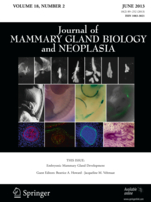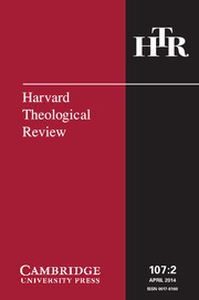 A cancer researcher has added a fifth retraction to his name — but the notice doesn’t mention any problems with the paper itself.
A cancer researcher has added a fifth retraction to his name — but the notice doesn’t mention any problems with the paper itself.
Rather, the Journal of Mammary Gland Biology and Neoplasia decided to retract the paper because it referenced other papers that had been retracted as a result of data manipulation.
The notice doesn’t specify which references were problematic, but the list includes three papers that are now retracted; all three include Scott Valastyan (the sole author of the newly retracted paper) as first author, and two list Robert Weinberg, his former supervisor and prominent cancer researcher, as last author.








